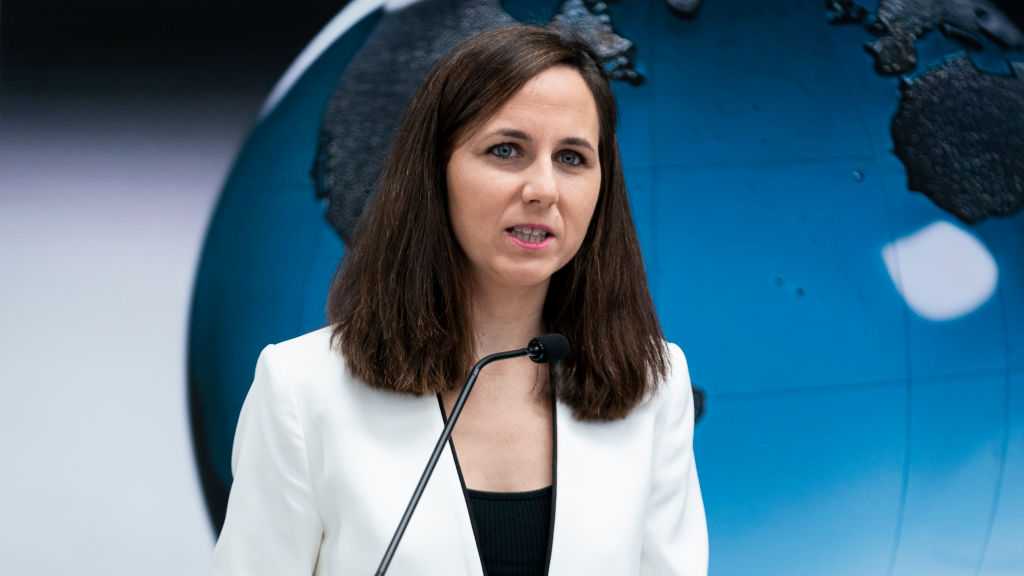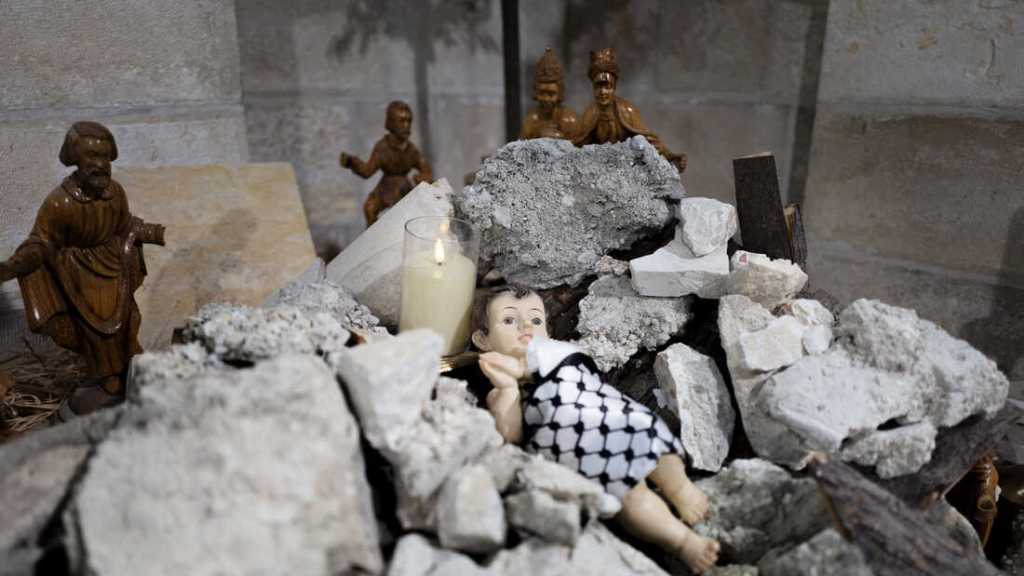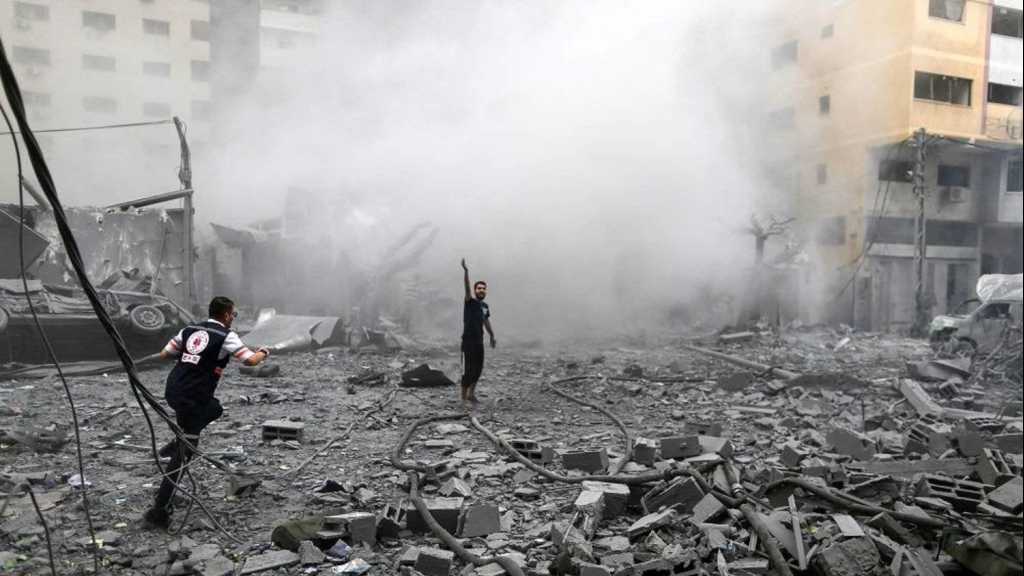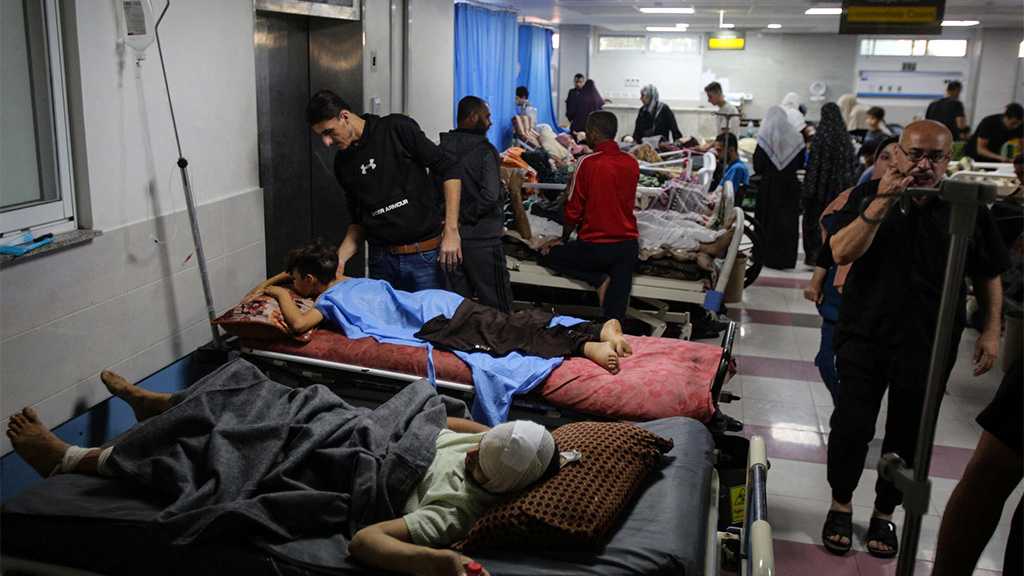
Deadly Clashes Break Ukraine Truce
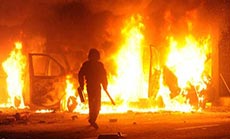
Local Editor
Deadly clashes erupted anew between armed protesters and riot police in Kiev on Thursday, breaking a fragile truce as Ukraine's embattled president held urgent talks with EU foreign ministers on the raging crisis.
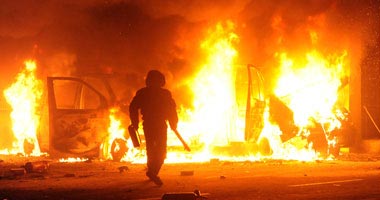 The violence, which left at least one person dead, flared when masked protesters pelted Molotov cocktails and rocks at thick lines of armed anti-riot troops in Kiev's central Independence Square, the epicenter of the ex-Soviet country's three-month-old political crisis.
The violence, which left at least one person dead, flared when masked protesters pelted Molotov cocktails and rocks at thick lines of armed anti-riot troops in Kiev's central Independence Square, the epicenter of the ex-Soviet country's three-month-old political crisis.
The masked demonstrators managed to push police forces back some 200 meters to retake control of the entire square, which anti-government protesters have occupied since November.
Police used rubber bullets to try and repel the attack and claimed that a sniper had wounded 20 officers by firing live ammunition from the window of a building overlooking the smoke-filled square.
The clashes shattered a truce that Ukrainian President Viktor Yanukovych called with the opposition just hours earlier, following a spurt of violence that killed more than two dozen people in less than two days.
Yanukovych began crisis talks with the foreign ministers of France, Germany and Poland shortly after the new confrontation, a Western official said.
Ahead of the meeting, France announced that the European Union was preparing to impose sanctions against the Ukrainian government for the violence at an emergency meeting in Brussels later on Thursday.
Yanukovych has appeared to struggle to formulate a clear policy in the past 48 hours, which have seen Ukraine's deadliest violence since independence and an escalating war of words between the West and former master Moscow over the future of the country sandwiched between the EU and Russia.
Prior to the fresh clashes, Ukraine's health ministry said the violence had claimed 28 lives since Tuesday, with nearly 300 hospitalized.
The crisis was initially ignited by Yanukovych's shock decision in November to ditch an historic EU trade and political association agreement in favor of closer ties with Kiev's historic masters in the Kremlin.
But it has since evolved into a much broader anti-government movement that has swept through both the pro-Western west of the country as well as parts of its more Russified east.
Yanukovych had appeared to show resolve on Wednesday afternoon to end the crisis after the country's security services announced plans to launch a sweeping "anti-terror" operation and he sacked the army's top general -- a powerful figure lauded by the opposition for refusing to back the use of force against those who had come out on the street.
But he then received three top protest leaders and told them he would take no immediate action against those who have taken to the streets against his rule.
The charismatic boxer-turned-lawmaker Vitali Klitschko said in his own statement that Yanukovych had issued a promise not to order police to storm the main protest square.
"In essence, we are talking about a truce," Klitschko said. "Now we will see whether after all the threats of Western sanctions, Yanukovych intends to keep his word."
The crackdown on protesters triggered a storm of condemnation from the West while the Kremlin denounced an "attempted coup" by the demonstrators.
Ahead of that meeting, the foreign ministers of Germany and Poland - two proponents of stiff EU sanctions - along with France began urgent talks with Yanukovych.
French Foreign Minister Laurent Fabius told Europe 1 shortly before the meeting that he would tell Yanukovych "that he must stop the violence, which is obviously unacceptable, and that we are preparing this afternoon to take sanctions against those responsible for the violence."
Moscow meanwhile has issued a string of outraged comments condemning both the protesters and the West.
President Vladimir Putin's spokesman placed all responsibility for the unprecedented violence on "extremists (whose) actions can be seen and are seen in Moscow exclusively as an attempted coup d'etat".
Source: News Agencies, Edited by website team
